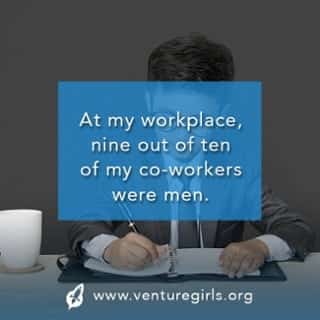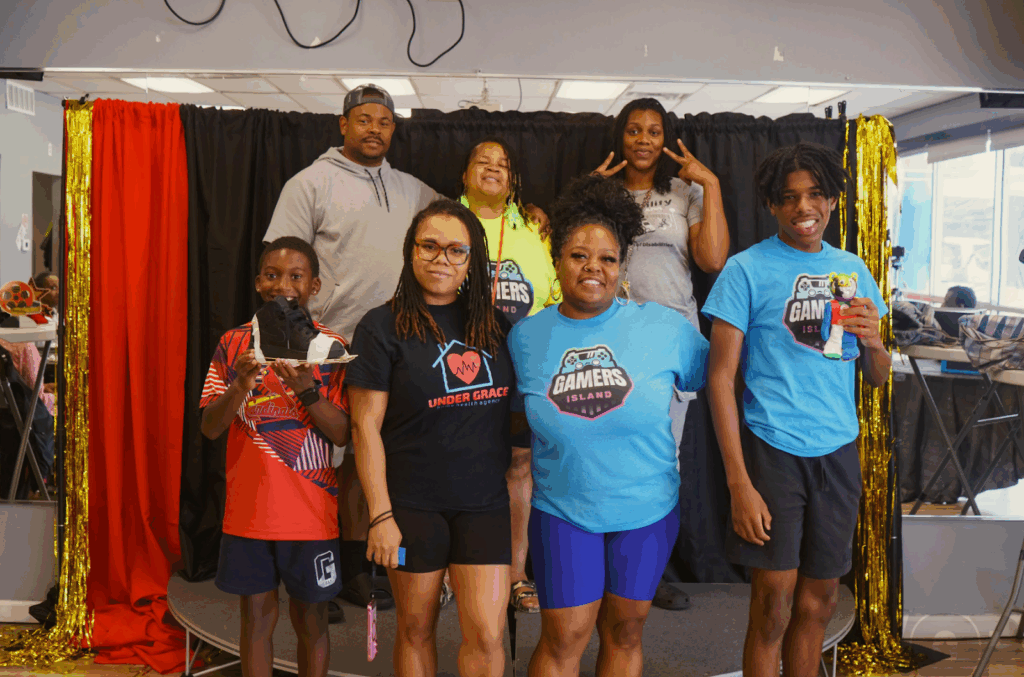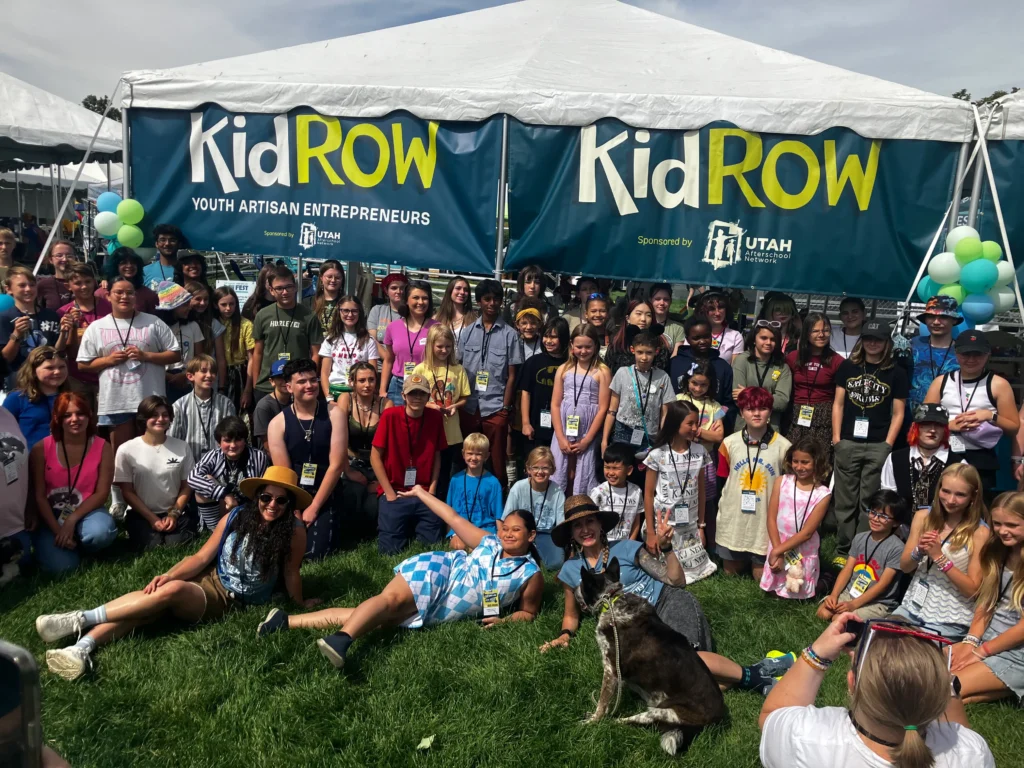
Reflections as an Outliner Engineer
Dr. Cristal Glangchai |
November 17, 2017

In my last post, I began sharing the story of my life as an outlier—a Latina woman who became an engineer in a male-dominated field—to tell you a bit about why I’m so passionate about teaching entrepreneurialism, and confidence, to girls.
Thanks to my parents’ support for my being independent and for my curiosity, I began to become interested in science. I liked taking different objects apart and putting them back together. Years later, I leaned toward engineering.
Honestly, it hardly occurred to me that being female and an engineer might be incompatible. I’d lived 22 years with the blithe confidence of an innocent girl geek. It wasn’t until I began working after getting a degree in mechanical engineering that I poked my head up, looked around, and thought, “Where are the women?”
I looked around my workplace at 3M—which is an unusually progressive company—and I realized that it looked a lot like my classes. Nine out of ten of my coworkers were men. My mentor was a man. My project team was male. All of the managers were male. In fact, I had to reach out to another “new hire” in a different group even to meet a woman whom I could hang out with.

I found myself having a flash back to a weird scene in college when a professor told me to stand front and center in a classroom that was filled with men, and to turn around slowly, so I could be seen from all angles.Then he said to the class, “Come on guys, who wants to take a class with her?” I felt conspicuous and uncomfortable but tolerated it for fear of “making a scene.” I was a “good girl” and didn’t resist being treated like…well, a sexual object.
My ankles and wrists weren’t shackled. I could have spun around and stormed right out of that classroom. Why didn’t I? Looking back, I think I was too embarrassed and mortified. I didn’t know that moment would last minutes, and make an even deeper imprint in my life beyond that classroom. I lacked the confidence to object. And I saw no women’s faces in the audience, whose expressions might have helped embolden me. There were only a couple of women present that day, and their faces were cast down.
In comparison to what many women must endure, my moments in the spotlight were trivial. Yet I felt every woman’s shame of being shown off to a group of men like an object. For the professor, it was a game, but for me it was slow-ticking torment.
Afterward, I dismissed it as a one-off experience. A chauvinist professor, an intense moment of embarrassment, that was all. But once I was working, the sense of discomfort resurfaced.
It was early in the 2000s, the dawn of a new century, and yet women in engineering were so scarce that I could go all day without seeing one. “Where were all of the technical women?” I wondered. The acronym STEM—science, technology, engineering and math—had just been coined. And teaching entrepreneurship to girls was not yet a reality. But it’s these unfortunate and all-too-common moment of realization that ultimately led me to found VentureLab.
I’d love to hear from you—have you experienced similar incidents where you were singled out simply because you were a woman? What happened? How do you think about those now? Thank you for sharing.



